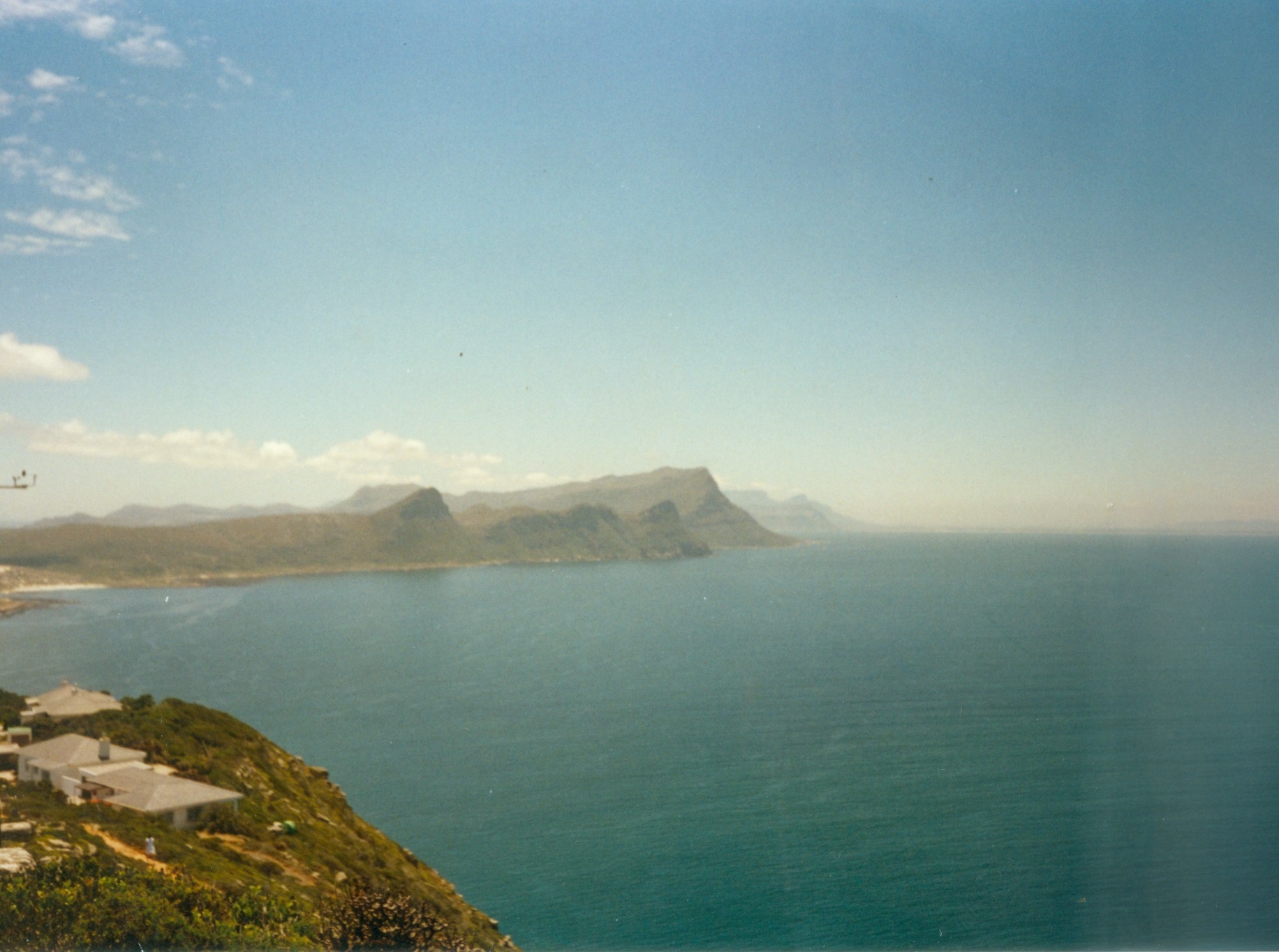
A navy bankrupt
The overriding impression one gets from proper research of the navy of the Stuart period is that it was bankrupt, even during the Republic. There were ships kept at sea to avoid having to pay them off and pay the seamen. In many instances, the army, especially the Royalist forces, also suffered from the same lack of payment.
Some men were paid in promissory notes and that provided an opportunity for money lenders to buy the notes at a discount for hard cash, which the money lender could wait until the government eventually paid out. Of course, that demanded conviction that the notes would be honoured eventually, or that the buyer had access to parliamentary influence; a difficult thing to guarantee when parliament occasionally cut off the king’s head.
The soldiers, being on land, among the general population, were able to loot in small amounts from a wide area to feed their families. The only opportunity the sailors had to acquire what was needed to sustain their dependants was capturing merchantmen and everyone became a privateer. In blunt terms, a pirate.
In extreme cases, especially in times of war, there were more ships than the exchequer could afford. The truth being that the country could not afford its wars with the Dutch, or the Spanish, or the French. Of course, the income of governments, including that of the king, depended on trade levies and it is interesting to find that, while nation A might be at war with nation B, each would charter the merchant ships of their adversary to carry trade goods around the market. There were even instances of privateers capturing a cargo vessel carrying goods belonging to their own countrymen.
Prizes taken ‘legitimately’, in time of war were the property of the king, or parliament, but in many cases what valuables and trade goods the prize contained was rifled by the crew, including the captain, in lieu of wages, and then by whoever was doing the offloading – on license from a government agency and under the protection of a senior official.
It is easy for us in the twenty first century to regard this as free for all corruption but, for those living then, it was normal and we should not judge it harshly.
Surprisingly, despite all this, trade continued to grow and expand across the oceans, the Atlantic, the Indian and the Pacific, and one wonders if the real march of history was there and the wars and struggles of kings and emperors was no more than a side show.